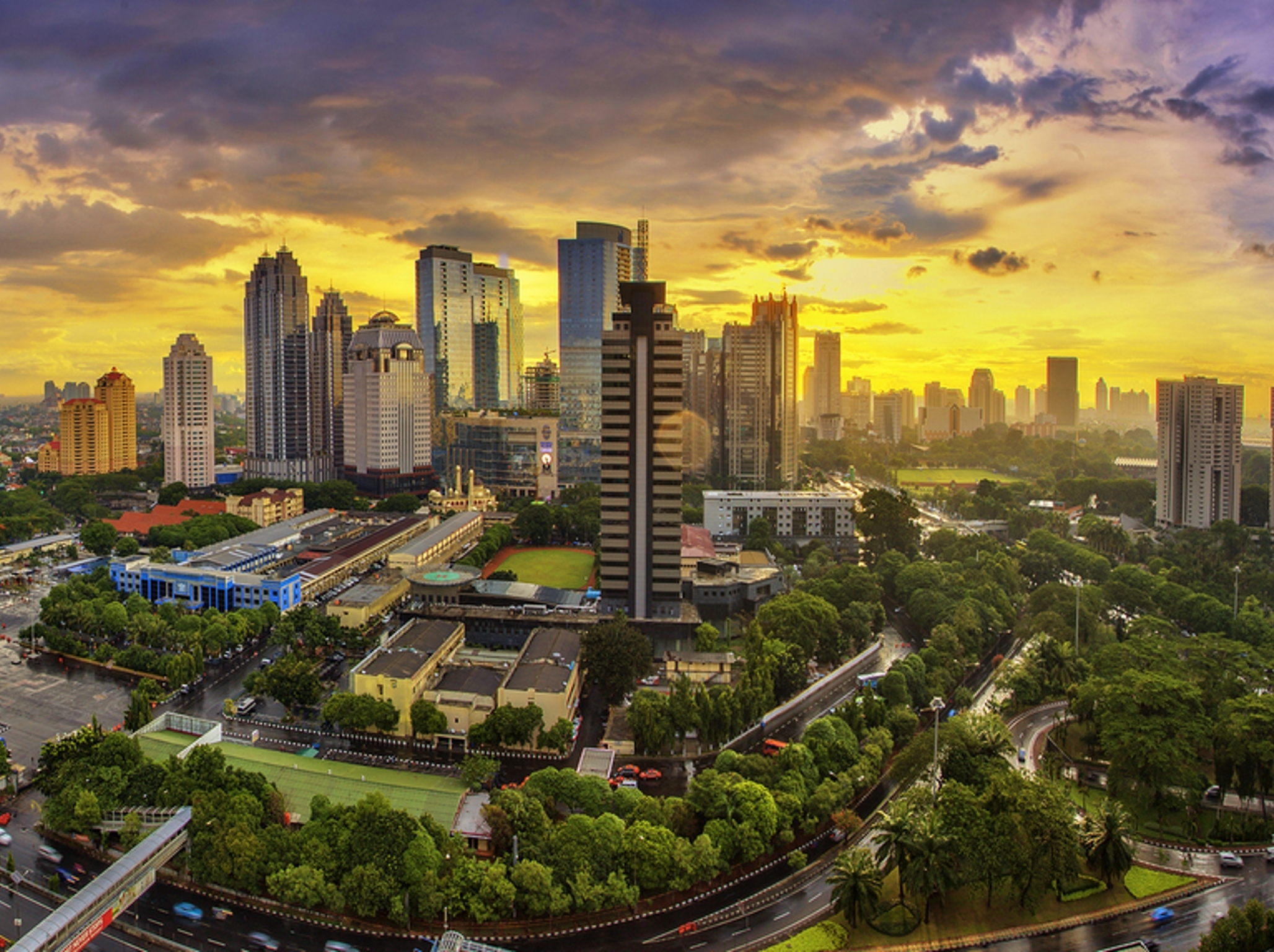Indonesia’s Q1 GDP growth beats forecasts, but outlook’s uncertain
Indonesia’s economic growth in the first quarter beat expectations, buoyed by high public spending for the country’s elections, but maintaining the strong pace will be challenging due to global developments and tight local monetary conditions.
Southeast Asia’s largest economy grew by 5.11% on a yearly basis in the January-March period, the highest growth rate in three quarters. Growth exceeded the 5% rate expected.
That helped offset the hit that Indonesia’s economy has taken from declining commodity exports in the past year. The resource-rich country is the world’s biggest exporter of thermal coal, palm oil and nickel, among other commodities.
“We think the economy is set to struggle over the coming quarters as high interest rates, lower commodity prices and below-trend global growth, weigh on demand,” Gareth Leather, Capital Economics’ economist, who predicts full-year 2024 growth of 4.5%, said in a note to clients.
Rate hikes by Bank Indonesia (BI) included a surprise move last month to step up support for the rupiah currency, which has fallen to four-year lows amid global market volatility.
DBS Bank economist Radhika Rao said the strong first-quarter data reaffirmed her view that BI would keep the door open to further tightening should the rupiah fall further.
“Firm growth will allow the BI to stay focused on price and FX stability,” she said, predicting 5% full-year growth.
The rupiah has recovered some of its losses against the dollar in the past few days, after the U.S. Federal Reserve indicated it would maintain a dovish tilt.
The first-quarter growth rate was slower than the government’s forecast of 5.17%. For 2024, the government is targeting growth of 5.2%, up from 5.05% last year.
In the first quarter, government spending jumped nearly 20% annually in the first quarter, versus a growth rate of just 2.81% in the previous three months, with higher spending for election and welfare programmes to help the poor cope with high food prices.
Household spending grew 4.91% on a yearly basis, compared to a 4.47% expansion in the previous quarter. Household consumption makes up over half of Indonesia’s GDP.
Investment growth, however, slipped to 3.79% in January-March, from 5.02% in the fourth quarter.
Some government officials have expressed hope investment would return after Defence Minister Prabowo Subianto’s victory in the presidential election.
Prabowo, who received the tacit backing of President Joko Widodo during campaigning, is expected to continue the incumbent’s economic policies when he takes office in October.
Reuters





